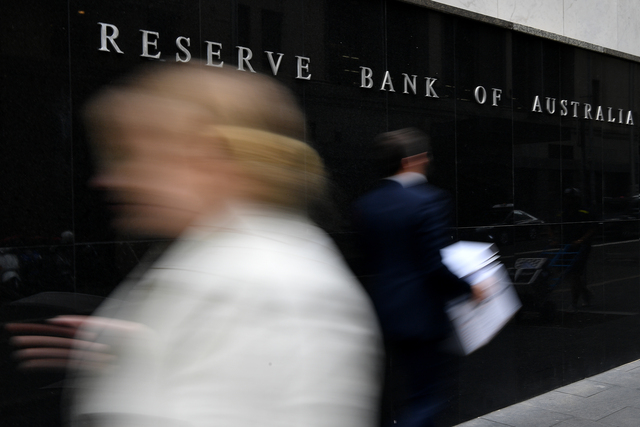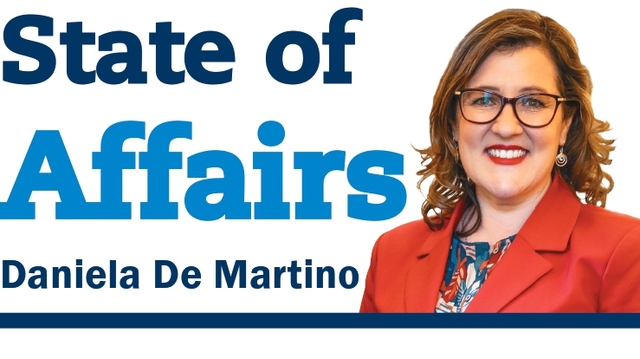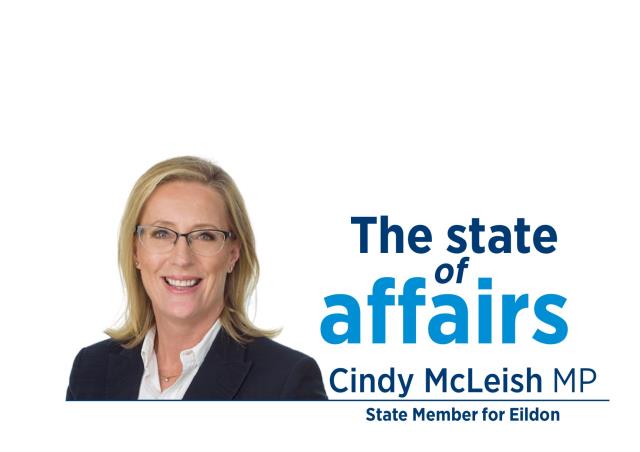Australian borrowers have avoided extra loan repayment pain after the Reserve Bank of Australia opted on Tuesday to leave interest rates steady, in a widely expected move.
The key interest rate has been unchanged at 4.35 per cent since November 2023, a level the central bank believes is high enough to slow the economy and tame still-elevated inflation.
Any case to lift interest rates at the August meeting fizzled out after June quarter inflation date landed broadly in line with the central bank and market expectations.
In the post-meeting statement, the board kept its options open on future moves, preferring not to rule anything in or out.
“Inflation in underlying terms remains too high, and the latest projections show that it will be some time yet before inflation is sustainably in the target range,” the statement said.
“Data have reinforced the need to remain vigilant to upside risks to inflation and the board is not ruling anything in or out.”
Refreshed economic forecasts from the RBA have headline inflation brushing the top of the two-three per cent target band at three per cent by the end of the year, a sizeable 0.8 percentage point revision to reflect government energy subsidies and cost-of-living help.
Yet as those rebates expire in mid-2025, headline inflation is expected to jump back up to 3.7 per cent by the end of next year, before eventually returning to target again by late 2026.
Trimmed mean inflation, which removes major price changes at either end and helps the central bank look through temporary price bumps like expiring energy bill relief, was much closer to May’s predictions though was nudged a little higher over the forecasting period.
The trimmed mean is still falling back within target by December 2025, the same as predicted in May.
Higher interest rates have already slowed the economy substantially but stalling progress on inflation suggests interest rate cuts are at least a few months away.
The central bank remains focused on delivering a “soft landing”, which involves weakening the economy enough to beat inflation without causing a recession and a surge in unemployment.

















